The Flying Cloud
~Traditional
My name is William Hollander, as you will understand
I was born in the County of Waterford, in Erin’s lovely land,
When I was young and in my prime, a beauty on me shone,
And my parents doted upon me, I being their only son.
My father bound me to a trade in Waterford’s fair town,
He bound me to a cooper there by the name of William Brown.
I served my master faithfully for seven long years or more
Till I shipped aboard The Ocean Queen belonging to Tramore.
And soon we reached Bermuda’s isle where I met with Captain Moore,
The commander of the Flying Cloud from out of Baltimore,
He asked me if I’d ship with him on a slaving voyage to go,
To the burning shores of Africa, where the sugar cane does grow.
It was after some weeks of sailing we arrived off Africa’s shore,
Five hundred of them poor slaves, me boys, from their native land we bore.
We marched them up upon a plank and stowed them down below,
Scarce eighteen inches to a man was all they had to go.
Then the plague and the fever came on board, swapped half of them away.
We dragged their bodies up on deck and hove them in the sea,
It was better for the rest of them if they had died below
Than to work beneath the cruel planters in Cuba for evermore.
For it was after some stormy weather, boys, we arrived off Cuba shore
And we sold them to the planters there to be slaves for evermore,
For the rice and coffee seed to sow beneath the brilliant sun
And to lead a lone and wretched life till their career was run.
Well it’s now our money is all spent, we must go to sea again,
When Captain Moore comes on the deck and says unto us men,
“There’s gold and silver to be had if with me you’ll remain,
We’ll hoist the pirate flag aloft and scour the Spanish Main.”
We all agreed but three young men who were told us then to land.
Two of them were Boston boys, the other from New Foundland,
But I wish to God I joined those men and went with them on shore
Than to lead a wild and reckless life serving under a Captain Moore.
The Flying Cloud was a Yankee ship, five hundred tons or more,
She could outsail any clipper ship hailing out of Baltimore,
With her canvas white as the driven snow and on it there’s no specks,
And forty men and fourteen guns she carried below her decks.
For we sacked and plundered many a ship down upon the Spanish Main,
Caused many a widow and orphan in sorrow to remain.
To the crews we gave no quarter but gave them watery graves,
For the saying of our captain was: “Dead men will tell no tales.”
And pursued we were by many a ship, by frigates and liners too,
Till at last, the British man-o-war, the Dungeness, hove in view,
She fired a shot across our bows as we sailed before the wind,
Till a chain-shot cut our mainmast down and we fell far behind.
How our crew they beat to quarters as they ranged up alongside,
Soon across our quarter-deck there ran a crimson tide.
We fought till Captain Moore was killed and fifteen of our men,
till a bombshell set our ship on fire, we had to surrender then.
So it’s now to Newgate we were brought, bound down in iron chains,
For the sinking and the plundering of ships on the Spanish Main.
The judge he found us guilty, we were condemned to die.
Oh young men, a warning by me take, lead not such a life as I.
So it’s fare you well, old Waterford and the girl I do adore,
I’ll never kiss your cheek again, I’ll squeeze your hand no more,
Oh whiskey and bad company first made a wretch of me,
Oh young men, a warning by me take and shun all piracy.

I am indebted to the many friends who share my love of traditional songs and to the many scholars whose works are too many to include here. I am also incredibly grateful to the collector’s curators and collators of Wikipedia, Mudcat.org, MainlyNorfolk.info, and TheContemplator.com for their wise, thorough and informative contributions to the study of folk music.
I share this scholarly research on my site with humility, thanks, and gratitude. Please cite sources accordingly with your own research. If you have any research or sites you would like to share on this site, please post in the comment box.
Thanks!
Source: Mainly Norfolk
The Flying Cloud
[ Roud 1802 ; Laws K28 ; G/D 1:44 ; Ballad Index LK28 ; trad.]
Ewan MacColl sang The Flying Cloud in 1956 on his and A.L. Lloyd’s Topic LP The Singing Sailor; this track was also included six years later on their American LP on the Stinson label, Haul on the Bowlin’ and in 2004 on the anthology CD Sailors’ Songs & Sea Shanties.
Louis Killen recorded The Flying Cloud in 1965 for his Topic album Ballads & Broadsides. This recording was also included in 1993 on the Topic compilation CD Blow the Man Down. Angela Carter commented in the liner notes of Killen’s album:
There was nothing of the rakish, jolly, romantic pirate of pantomime and nursery lore about the real lives of the brutal criminals of the high seas who flourished in the early nineteenth century and before. Despite its beautiful name, The Flying Cloud was such a pirate vessel, if not in reality—for no records has come to light of a pirate ship called The Flying Cloud—then in the imagination of scores of traditional singers. This harsh and violent ballad, cast in the form of a confession from the gallows, depicts the worst of piracy on the Atlantic and the Caribbean in the early 1800s, when piracy and the slave trade often went hand in bloody had. Doerflinger (Shantymen and Shantyboys, New York, 1951) suggests the ballad-makers were originally inspired by a pamphlet, The Dying Declaration of Nicholas Fernandez, the purported confession of a notorious pirate on the eve of his execution in 1829—curiously enough, published as a temperance tract. The song is widely known in North America as well as in Britain. In Nova Scotia, the collector Elizabeth Greenleaf observed the tremendous emotional impact it made on audiences at singing gatherings in the nineteen twenties. At one time, it was an especial favourite with landlubbers in Canadian lumber camps. Most versions are broadly similar in text and tune.
Louis Killen recorded The Flying Cloud for a second time in 1995 for his CD Sailors, Ships & Chanteys. He also sang it in 2004 at the 25th Annual Sea Music Festival at Mystic Seaport. He commented on the first of these albums:
Perhaps more well known in New England than in Old England, this confession ballad was a test piece among singers on the Grand Banks schooners. If you couldn’t sing this ballad to the satisfaction of the crew you wouldn’t be considered a “singer”.
Roy Bailey learned The Flying Cloud from The Singing Island, edited by Peggy Seeger and Ewan MacColl, and sang it in 1976 on his album New Bell Wake.
Dave Burland sang Edward Hollander (The Flying Cloud) in 1979 on his album You Can’t Fool the Fat Man.
John Roberts and Tony Barrand sang The Flying Cloud in 2000 on their CD Across the Western Ocean: Songs of the North Atlantic Sailing Packets. They commented in their liner notes:
The legend of the “Flying Dutchman” is a common one in many European countries, and its story has been used in novel, melodrama, opera and movie. In the most common British version, Vanderdecken, a Dutch sea captain, angered by continually adverse winds, swears a blasphemous oath (“by all the devils”) that he will double the Cape of Good Hope if it takes him till Doomsday. For this profanity he is condemned by God or Devil (it is never clear which) to his self-appointed fate. His ghost ship is rarely seen, and then only in stormy seas, beating in against the wind under full sail and bad luck to the ship which sights her. This latter ship, itself often becalmed, is sometimes entrusted with letters addressed to people long dead.
Although in the British melodramas the curse is absolute, in other versions Vanderdecken is allowed on shore every seven years, in hopes of breaking his curse by wooing a lady who will be faithful to him unto death. In Wagner’s opera, for example, he manages to achieve this salvation.
In the German legend the protagonist, von Falkenberg, is condemned to sail the North Sea in a ship with no helm or steersman, playing dice with the Devil for his soul. According to Sir Walter Scott, the “Flying Dutchman” was a bullion ship aboard of which a murder was committed. The plague subsequently broke out among the crew, and all ports were closed to the ill-fated craft.
The only recent printed source for the song seems to be Doerflinger, who obtained his set from Richard Maitland, then retired at Sailor’s Snug Harbor, New York. Broadside variants are to be found in the Harvard Library. A song of the “Flying Dutchman” was sung on the stage in New York, and printed in several early songsters there. Our version comes from a singer in a folk club in Manchester, and is generally similar to Doerflinger’s.
Chris Foster sang The Flying Cloud in 2003 on his Tradition Bearers CD Traces.
Martin Simpson sang The Flying Cloud in 2005 on his Topic CD Kind Letters. He commented in his liner notes:
I learned these songs in many cases from a number of different sources. I first heard The Flying Cloud sung at Scunthorpe Folk Club in the late ’60s. Roy Bailey’ excellent […] record […] provided me with the basic text and Martin Carthy furnished further versions from his library which I assembled [into] this version. The song is truly the equal of a blockbuster movie. Roy points out that the unfortunate Arthur Hollandene is to die for crimes against commerce and property and his expressed regret for this part in slaving does not seem to be shared by the authorities.
Jim Moray sang The Flying Cloud in 2016 on his CD Upcetera. He commented in his sleeve notes:
I learned this from Chris Foster’s recording on his CD Traces, and the version on Ballads & Broadsides by Lou Killen. So much conflicting emotion is wrapped up in just 14 verses.
Lyrics
Louis Killen sings The Flying Cloud
My name is William Hollander, as you will understand
I was born in the County of Waterford, in Erin’s lovely land,
When I was young and in my prime, a beauty on me shone,
And my parents doted upon me, I being their only son.
My father bound me to a trade in Waterford’s fair town,
He bound me to a cooper there by the name of William Brown.
I served my master faithfully for seven long years or more
Till I shipped aboard The Ocean Queen belonging to Tramore.
And soon we reached Bermuda’s isle where I met with Captain Moore,
The commander of the Flying Cloud from out of Baltimore,
He asked me if I’d ship with him on a slaving voyage to go,
To the burning shores of Africa, where the sugar cane does grow.
It was after some weeks of sailing we arrived off Africa’s shore,
Five hundred of them poor slaves, me boys, from their native land we bore.
We marched them up upon a plank and stowed them down below,
Scarce eighteen inches to a man was all they had to go.
Then the plague and the fever came on board, swapped half of them away.
We dragged their bodies up on deck and hove them in the sea,
It was better for the rest of them if they had died below
Than to work beneath the cruel planters in Cuba for evermore.
For it was after some stormy weather, boys, we arrived off Cuba shore
And we sold them to the planters there to be slaves for evermore,
For the rice and coffee seed to sow beneath the brilliant sun
And to lead a lone and wretched life till their career was run.
Well it’s now our money is all spent, we must go to sea again,
When Captain Moore comes on the deck and says unto us men,
“There’s gold and silver to be had if with me you’ll remain,
We’ll hoist the pirate flag aloft and scour the Spanish Main.”
We all agreed but three young men who were told us then to land.
Two of them were Boston boys, the other from New Foundland,
But I wish to God I joined those men and went with them on shore
Than to lead a wild and reckless life serving under a Captain Moore.
The Flying Cloud was a Yankee ship, five hundred tons or more,
She could outsail any clipper ship hailing out of Baltimore,
With her canvas white as the driven snow and on it there’s no specks,
And forty men and fourteen guns she carried below her decks.
For we sacked and plundered many a ship down upon the Spanish Main,
Caused many a widow and orphan in sorrow to remain.
To the crews we gave no quarter but gave them watery graves,
For the saying of our captain was: “Dead men will tell no tales.”
And pursued we were by many a ship, by frigates and liners too,
Till at last, the British man-o-war, the Dungeness, hove in view,
She fired a shot across our bows as we sailed before the wind,
Till a chain-shot cut our mainmast down and we fell far behind.
How our crew they beat to quarters as they ranged up alongside,
Soon across our quarter-deck there ran a crimson tide.
We fought till Captain Moore was killed and fifteen of our men,
till a bombshell set our ship on fire, we had to surrender then.
So it’s now to Newgate we were brought, bound down in iron chains,
For the sinking and the plundering of ships on the Spanish Main.
The judge he found us guilty, we were condemned to die.
Oh young men, a warning by me take, lead not such a life as I.
So it’s fare you well, old Waterford and the girl I do adore,
I’ll never kiss your cheek again, I’ll squeeze your hand no more,
Oh whiskey and bad company first made a wretch of me,
Oh young men, a warning by me take and shun all piracy.
John Roberts and Tony Barrand sings The Flying Cloud
‘Twas on a dark and cheerless night to the southern of the Cape,
When from a strong nor’wester we had just made our escape,
Like an infant in its cradle, all hands lay fast asleep,
And peacefully we sailed along in the bosom of the deep.
Just then the watchman gave a shout of terror and of fear,
As if he had just gazed upon some sudden danger near,
The sea all round was cloud and foam, and just upon our lee,
We saw the Flying Dutchman come a-bounding o’er the sea.
“Take in our lofty canvas, lads,” the watchful master cried,
“For in our ship’s company some sudden danger lies,
For every man who rounds the Cape, although he knows no fear,
He knows that there is danger when Vanderdecken ‘s near.”
Pity poor Vanderdecken, forever is his doom,
The seas around that stormy Cape will be his living tomb,
He’s doomed to ride the ocean for ever and a day,
And he tries in vain his oath to keep by entering Table Bay.
All hands to the rail, our gallant crew, as the ghost ship bore to sea,
Our hearts were filled with awe and fear, as she passed along our lee,
The helmsman was likewise entranced, and as all hands sighed relief,
With rending crash and mortal force our vessel struck a reef.
Links
See also the Mudcat Café thread Origins: The Flying Cloud.
Ewan McColl sings “The Flying Cloud”…
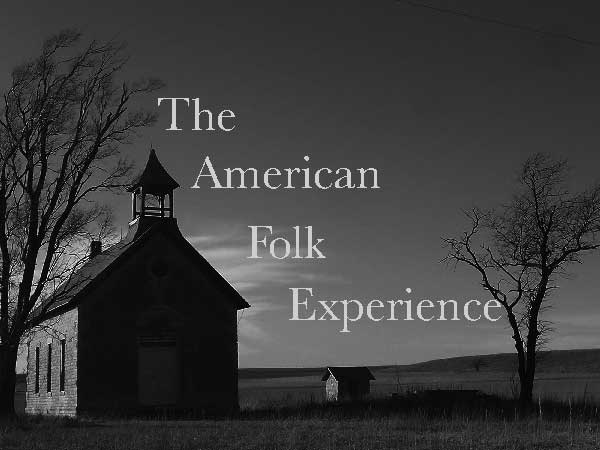
Performances, Workshops, Resources & Recordings
The American Folk Experience is dedicated to collecting and curating the most enduring songs from our musical heritage. Every performance and workshop is a celebration and exploration of the timeless songs and stories that have shaped and formed the musical history of America. John Fitzsimmons has been singing and performing these gems of the past for the past forty years, and he brings a folksy warmth, humor and massive repertoire of songs to any occasion.
Festivals & Celebrations
Coffeehouses
School Assemblies
Library Presentations
Songwriting Workshops
Artist in Residence
House Concerts
Pub Singing
Irish & Celtic Performances
Poetry Readings
Campfires
Music Lessons
Senior Centers
Voiceovers & Recording
““Beneath the friendly charisma is the heart of a purist gently leading us from the songs of our lives to the timeless traditional songs he knows so well…”
Join Fitz at The Colonial Inn
“The Nobel Laureate of New England Pub Music…”
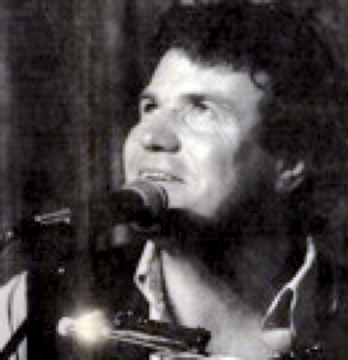
On the Green, in Concord, MA Every Thursday Night for over thirty years…
“A Song Singing, Word Slinging, Story Swapping, Ballad Mongering, Folksinger, Teacher, & Poet…”
Fitz’s Recordings
& Writings
Songs, poems, essays, reflections and ramblings of a folksinger, traveler, teacher, poet and thinker…
Download for free from the iTunes Bookstore
“A Master of Folk…”
Fitz’s now classic recording of original songs and poetry…
Download from the iTunes Music Store
“A Masterful weaver of song whose deep, resonant voice rivals the best of his genre…”
“2003: Best Children’s Music Recording of the Year…”
Fitz & The Salty Dawgs Amazing music, good times and good friends…


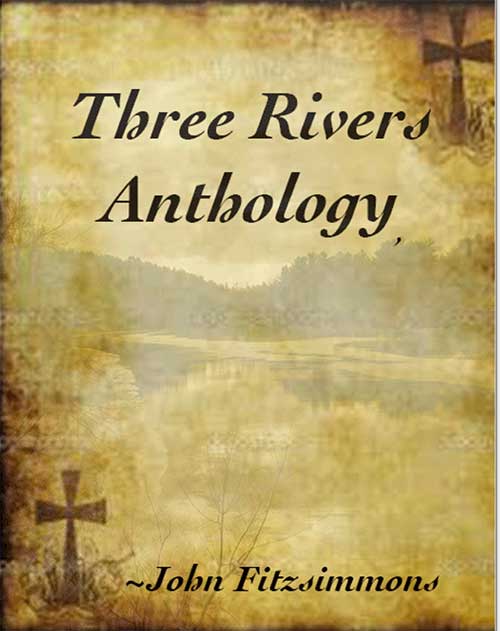
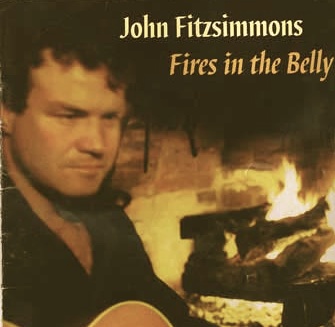
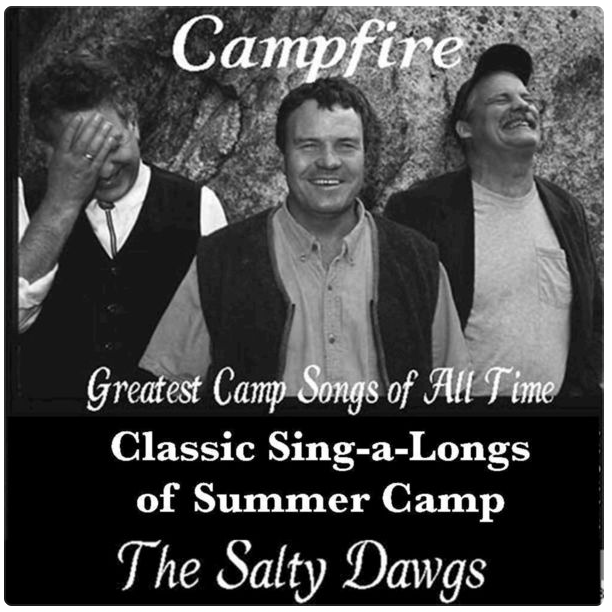
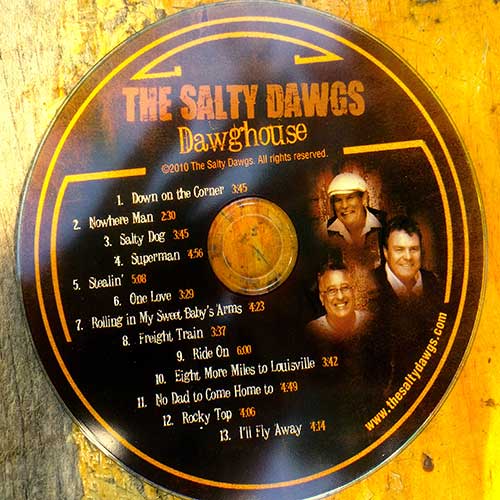
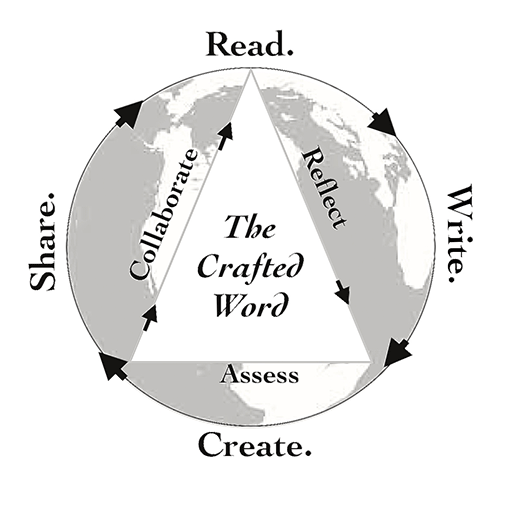


0 Comments